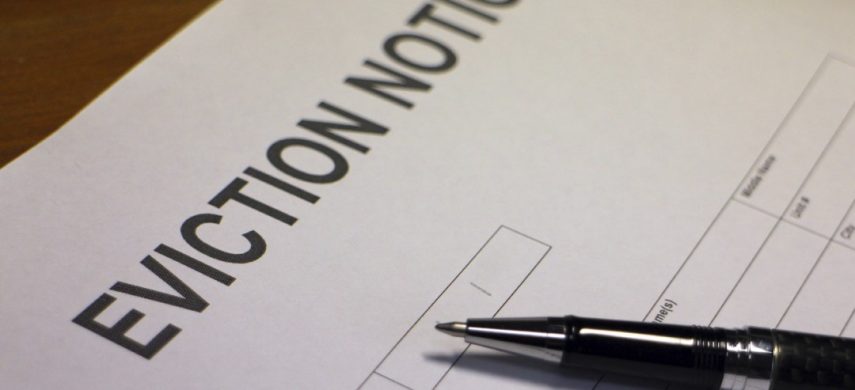
According to Florida state law, landlords are prohibited from retaliating against tenants. If you’re a tenant in a rental unit and feel your landlord is retaliating against you, read on to know your rights.
What Rights Protect Tenants From Retaliating Landlords in Florida?
In Florida, it’s illegal for landlords to retaliate against tenants who’ve exercised these legal rights:
- Notified the landlord about the rental unit’s unsafe or illegal living conditions
- Notified a government agency about the rental unit’s unsafe or illegal living conditions
- Joined or organized a tenant union to express your thoughts collectively
What Types of Retaliation Are Against Florida State Law?
Florida law states that landlords cannot take part in any one of the following retaliatory acts:
- Terminating your lease without appropriate reason
- Refusing to renew your lease without appropriate reason
- Filing an eviction lawsuit without appropriate reason
- Increasing your rent without proper notification and reason
- Decreasing the services your rent covers, like locking the laundry room, removing cable access, draining the swimming pool or getting rid of the property’s security guards
How Should a Tenant Respond to a Landlord Who Performs a Retaliatory Act?
If you’ve been a victim of your landlord’s retaliatory actions, there are two possible responses:
- You should stay and fight if the retaliatory act involves a terminated lease or an eviction, proving to a judge in court that either the termination or the eviction was illegal.
- You should file a lawsuit in small claims court if the retaliatory act involves a rent hike or a reduction in services, asking a judge to prohibit the increase or reinstate the services.
Due to our current caseload, our office simply does not the have the resources
needed to dedicate to any additional tenant legal matters.
Any tenant-specific legal matters should be referred to the following organization:
Lawyer Referral Service Online (available 24/7) — https://www.floridabar.org/public/lrs/
or Phone (800) 342-8011 Monday through Friday 8:00 a.m. to 5:30 p.m.
How Can a Tenant Prove That His or Her Landlord Performed a Retaliatory Act?
Landlords are rarely foolish enough to hand you hard evidence proving that they’ve performed a retaliatory act. In fact, many of them will try to cover it up. Here are some common examples:
- The landlord terminates a lease following a tenant’s legitimate decision to withhold rent
- The landlord refuses to renegotiate a lease following a tenant’s complaint to an agency
- The landlord sends a termination notice, alleging that the tenant has misused the facilities
Due to our current caseload, our office simply does not the have the resources
needed to dedicate to any additional tenant legal matters.
Any tenant-specific legal matters should be referred to the following organization:
Lawyer Referral Service Online (available 24/7) — https://www.floridabar.org/public/lrs/
or Phone (800) 342-8011 Monday through Friday 8:00 a.m. to 5:30 p.m.





